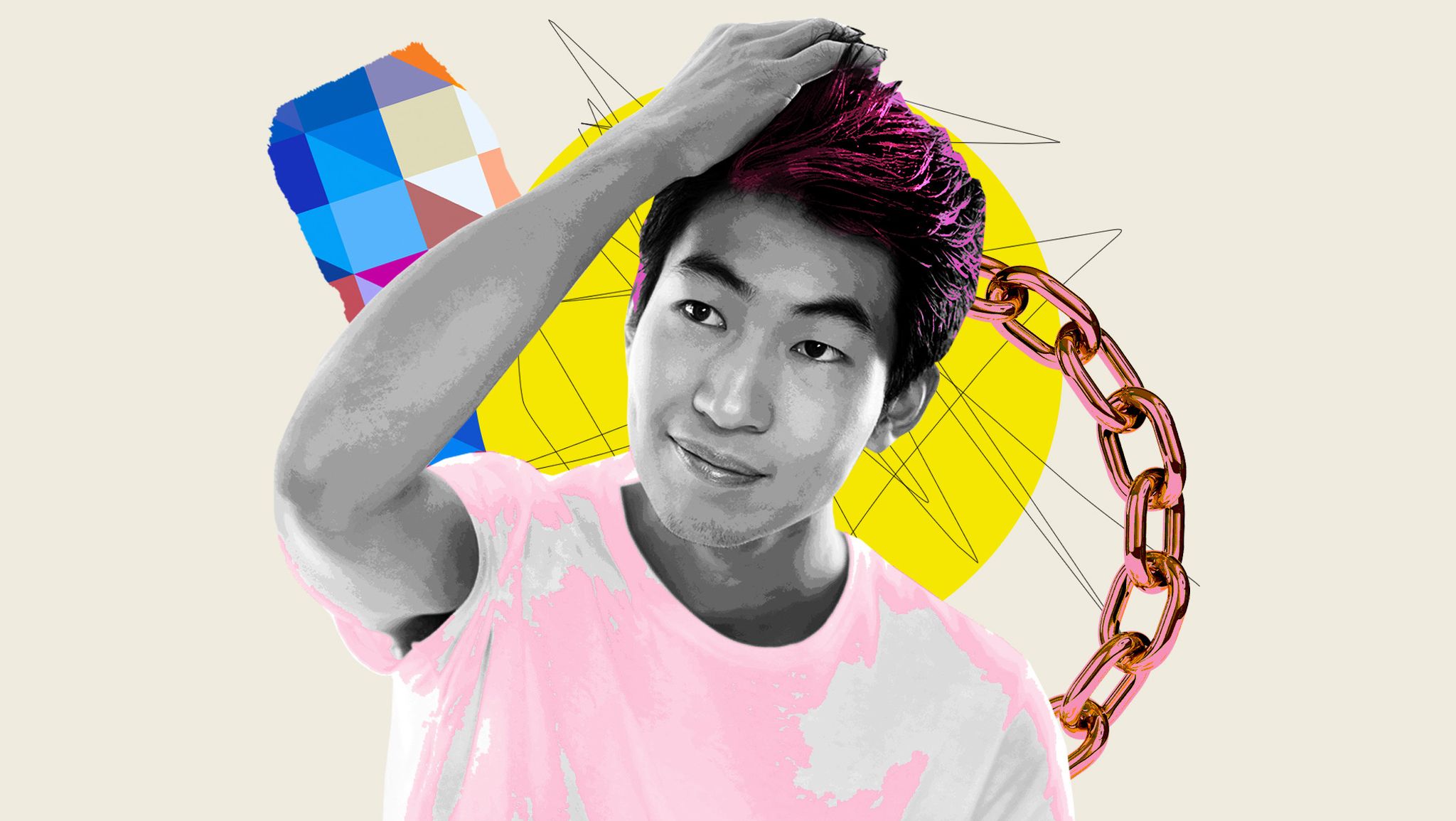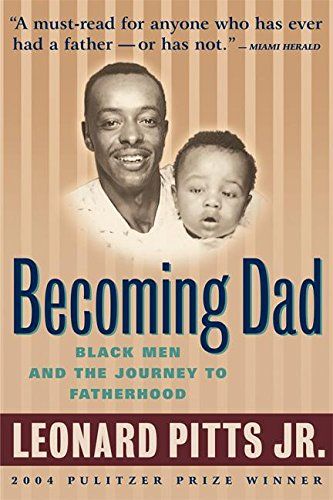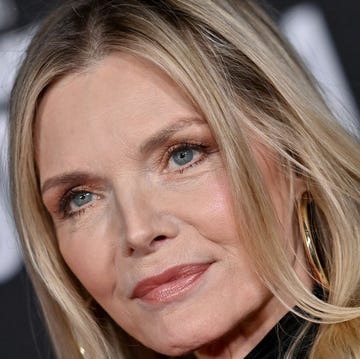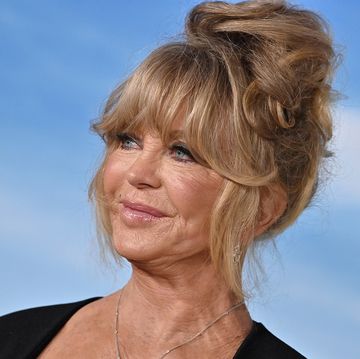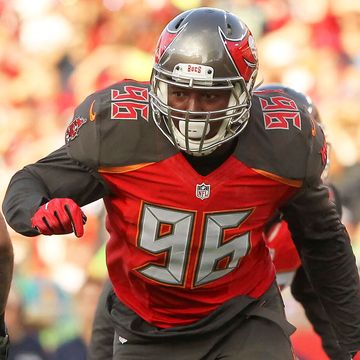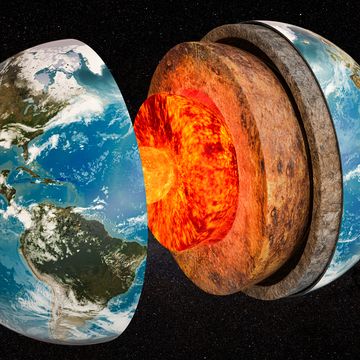This #BoyDad essay is one of six, from a collection of fathers who are raising sons in modern times. Click here to read the rest. And, while you’re at it, check out Cool Dad HQ for tips, gear, and strategy guides—all designed to help you raise great kids better.
MY YOUNGEST GRANDSON has pink hair.
As near as I can tell, the boy—he’s 13—intends no political statement and, indeed, no statement at all beyond “I like pink.” If he’s worried about the threat that poses to his masculinity, you couldn’t tell. Which brings us to his uncles.
Back when they were his age, neither of my youngest sons would have been caught dead wearing pink anything—much less hair. One day, when I casually said that there was nothing wrong with a man wearing pink—a crisp pink dress shirt, let’s say—they recoiled, as if I’d suggested a trip to the ballet.
Twenty years later, there goes their nephew under a nest of braids the color of flamingos and Hubba Bubba. This may all lead you to believe that the lesson here is: What a difference a generation makes. Well, yes. But also no.
It’s true enough that over the years, I’ve seen men become, by and large, less insecure about perceived threats to their manly male masculinity. My grandson, liking pink, chose to dye his hair that color. You could argue that he lives in an era of flux, when the notion of what constitutes a man is challenged by the likes of Lil Nas X, Harry Styles, and Bad Bunny.
But maybe now isn’t so special. Maybe it only seems that way because so many of us were willing to live by a litany of nos that constrained us without our even realizing it.
Back in the 1950s—when John Wayne defined the manly male archetype—there was another teenage boy who really loved pink. He wore it—usually paired with black—even though he took a lot of grief for doing so.
Young Elvis Presley, of course, was not a replica of anything that had come before. He was himself, wholly and without apology or explanation. Anyone who dared question his manly male masculinity would have been drowned out by the shrieks of women.
Which suggests that maybe the difference maker isn’t simply the passage of neutral time but the guts within that time to follow one’s own muse, the refusal to be bound by dusty old conventions and moldy old protocols that everyone follows because everyone else does and always has.
Maybe it’s the stubborn will to simply stand and be. Maybe that’s something we’d do well to emphasize to our boys. Maybe that would make it easier to navigate those nos.
Men don’t cry. Men don’t talk. Men don’t wear pink. And men don’t question the straitjackets into which convention stuffs them. There is something to be said for refusing the straitjacket, for being true to oneself in every situation, regardless of what anyone else has to say. That sounds like a decent definition of manhood.
And an even better definition of freedom.
A version of this article originally appeared in the May/June 2023 issue of Men's Health.
Leonard Pitts Jr is a Pulitzer Prize–winning former columnist for the Miami Herald, and the author of many books, including Becoming Dad: Black Men and the Journey to Fatherhood.
